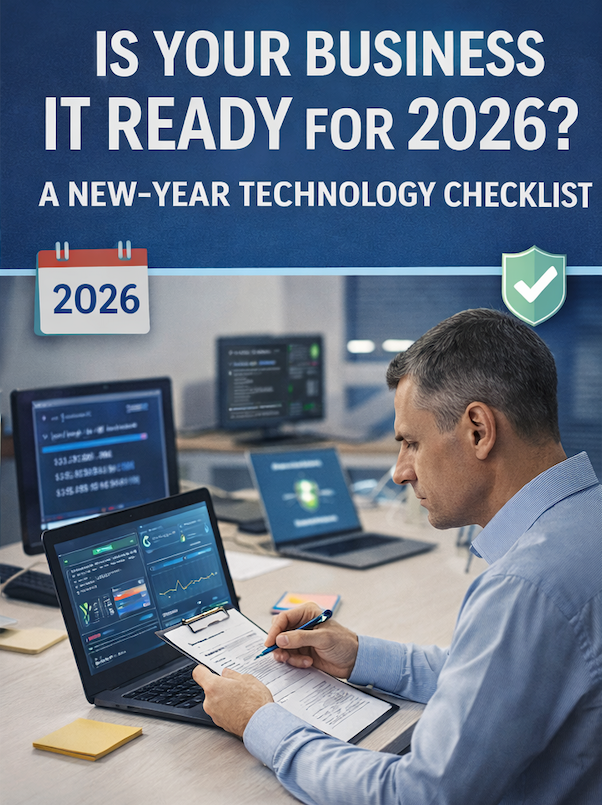The Role of Artificial Intelligence in Modern Business: Transformations and Future Prospects
How Artificial Intelligence is Shaping the Future of Business Operations and Strategy

Introduction
Artificial Intelligence (AI) has emerged as a transformative force across various industries, redefining the way businesses operate and compete in the digital age. From enhancing customer experiences to optimizing supply chains, AI technologies are becoming integral to modern business strategies. This comprehensive blog explores the profound impact of AI on business operations, the opportunities it presents, the challenges it entails, and the future prospects of AI in driving innovation and growth.
Table of Contents
- Understanding Artificial Intelligence: A Brief Overview
- AI in Business Operations: Transformative Applications
- Enhancing Customer Experience with AI
- AI-Driven Decision Making and Predictive Analytics
- Optimizing Supply Chain Management with AI
- AI in Human Resources: Revolutionizing Talent Management
- Ethical Considerations and Challenges of AI Implementation
- Case Studies: Successful AI Integration in Businesses
- Future Prospects of AI in Business
- Conclusion
1. Understanding Artificial Intelligence: A Brief Overview
Artificial Intelligence refers to the simulation of human intelligence in machines programmed to think and learn like humans. AI encompasses various subfields, including machine learning (ML), natural language processing (NLP), computer vision, and robotics. These technologies enable machines to perform tasks that typically require human intelligence, such as problem-solving, pattern recognition, and decision-making.
2. AI in Business Operations: Transformative Applications
AI technologies are revolutionizing business operations in numerous ways. Here are some key applications:
a. Automation: AI-powered automation streamlines repetitive and mundane tasks, allowing employees to focus on higher-value activities. Robotic Process Automation (RPA) is widely used for automating tasks like data entry, invoice processing, and customer support.
b. Data Analysis: AI algorithms can analyze vast amounts of data quickly and accurately, uncovering insights that drive strategic decision-making. Businesses use AI for market analysis, trend prediction, and customer behavior analysis.
c. Fraud Detection: AI systems enhance security by identifying fraudulent activities in real-time. Machine learning models can detect unusual patterns and flag potential fraud in financial transactions, reducing risk and safeguarding assets.
3. Enhancing Customer Experience with AI
AI is transforming the customer experience by providing personalized and efficient interactions. Key applications include:
a. Chatbots and Virtual Assistants: AI-powered chatbots handle customer inquiries 24/7, providing instant responses and freeing up human agents for more complex issues. Virtual assistants like Siri, Alexa, and Google Assistant offer personalized services and enhance user experiences.
b. Personalization: AI algorithms analyze customer data to deliver personalized recommendations and offers. E-commerce platforms, streaming services, and social media sites leverage AI to tailor content to individual preferences.
c. Customer Feedback Analysis: AI-driven sentiment analysis tools analyze customer feedback from reviews, social media, and surveys. Businesses gain insights into customer sentiment and can address issues proactively.
4. AI-Driven Decision Making and Predictive Analytics
AI enhances decision-making processes through predictive analytics and data-driven insights:
a. Predictive Analytics: AI models analyze historical data to predict future trends and outcomes. Businesses use predictive analytics for demand forecasting, inventory management, and financial planning.
b. Business Intelligence: AI-powered business intelligence tools aggregate and analyze data from various sources, providing actionable insights for strategic planning. Visualizations and dashboards make complex data accessible and understandable.
c. Risk Management: AI helps businesses identify and mitigate risks by analyzing data patterns and predicting potential issues. In finance, AI models assess credit risk and detect anomalies in trading.
5. Optimizing Supply Chain Management with AI
AI transforms supply chain management by enhancing efficiency, transparency, and responsiveness:
a. Demand Forecasting: AI algorithms analyze historical sales data, market trends, and external factors to predict demand accurately. Businesses optimize inventory levels and reduce stockouts.
b. Logistics Optimization: AI-powered route optimization tools streamline transportation and logistics, reducing costs and improving delivery times. Machine learning models predict potential disruptions and optimize supply chain flows.
c. Quality Control: AI-driven computer vision systems inspect products for defects and ensure quality standards. Businesses maintain high product quality and reduce waste.
6. AI in Human Resources: Revolutionizing Talent Management
AI is reshaping human resources by automating processes and enhancing talent management:
a. Recruitment and Hiring: AI-powered recruitment tools screen resumes, assess candidate suitability, and even conduct initial interviews. This streamlines the hiring process and reduces bias.
b. Employee Engagement: AI-driven sentiment analysis tools monitor employee feedback and engagement levels. HR teams can address concerns and improve workplace culture.
c. Performance Management: AI analyzes employee performance data to provide insights and recommendations for development. Personalized training programs and career development plans are created.
7. Ethical Considerations and Challenges of AI Implementation
While AI offers significant benefits, it also presents ethical challenges and risks:
a. Bias and Fairness: AI systems can inherit biases from training data, leading to unfair outcomes. Businesses must ensure fairness and transparency in AI models.
b. Privacy and Security: AI relies on vast amounts of data, raising concerns about data privacy and security. Protecting sensitive information and complying with regulations is crucial.
c. Job Displacement: Automation and AI can lead to job displacement in certain sectors. Businesses must balance efficiency gains with the potential impact on the workforce.
Case Studies: Successful AI Integration in Businesses
a. Amazon: Amazon uses AI for personalized recommendations, supply chain optimization, and automated customer service. AI-driven algorithms analyze customer data to deliver tailored shopping experiences.
b. IBM Watson: IBM Watson's AI capabilities are utilized in healthcare, finance, and customer service. Watson analyzes medical data to provide diagnostic insights and assist in treatment planning.
c. Tesla: Tesla leverages AI for autonomous driving, predictive maintenance, and manufacturing optimization. AI models analyze sensor data to improve vehicle safety and performance.
9. Future Prospects of AI in Business
The future of AI in business holds exciting possibilities:
a. Advanced AI Integration: AI will become more deeply integrated into business processes, driving innovation and efficiency.
b. Explainable AI: Developing AI systems that provide clear explanations for their decisions will enhance transparency and trust.
c. AI and IoT: The convergence of AI and the Internet of Things (IoT) will create smarter, interconnected systems, enabling real-time data analysis and decision-making.
d. AI in Healthcare: AI will revolutionize healthcare through advanced diagnostics, personalized treatment plans, and improved patient care.
10. Conclusion
Artificial Intelligence is a transformative force that offers immense potential for businesses across industries. By leveraging AI technologies, businesses can enhance efficiency, improve customer experiences, and drive innovation. However, successful AI implementation requires careful consideration of ethical implications, data privacy, and workforce impact. At Computers Unlimited, we are committed to helping businesses navigate the complexities of AI adoption and harness its full potential for sustainable growth.












